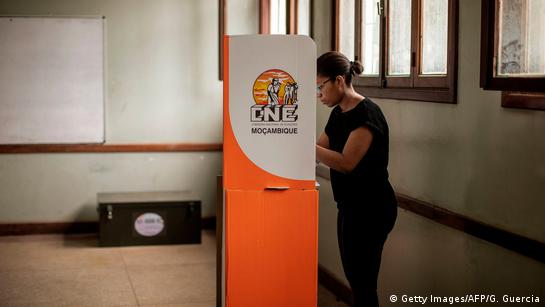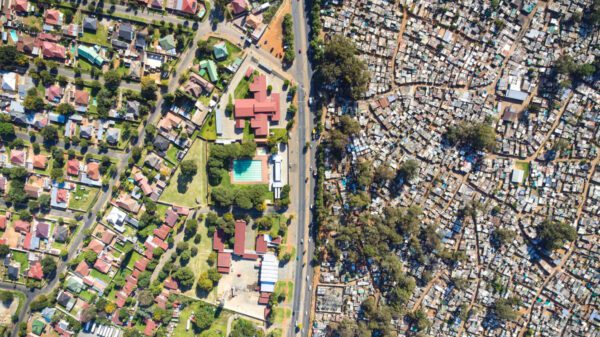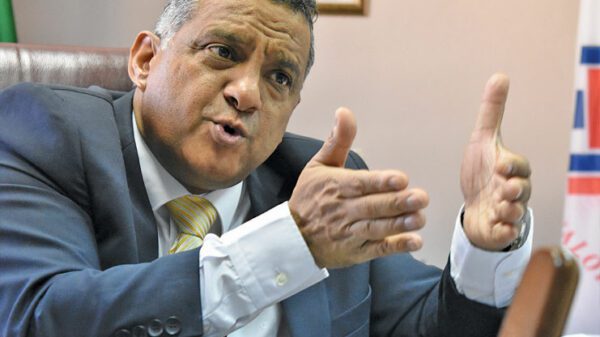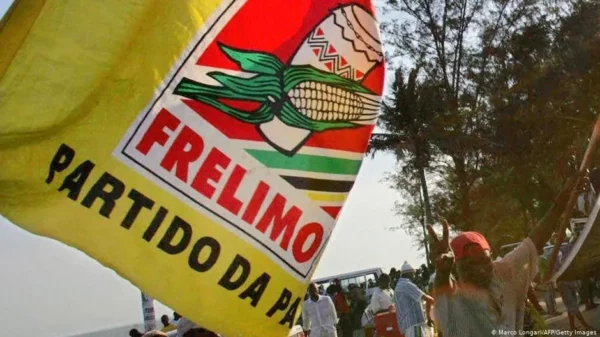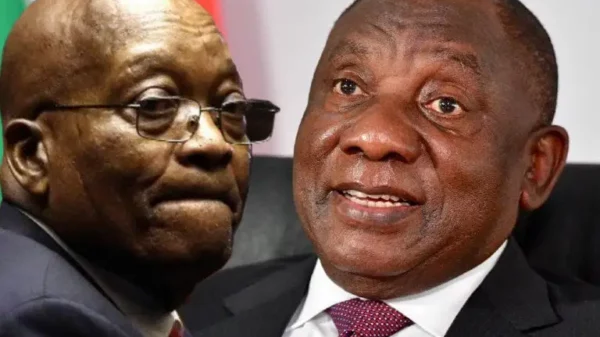More than half of the poorest countries face a bleak outlook over the next five years as the costs associated with debt servicing rise, Oxfam warned in a recently released study.
Increasing pressure from interest and debt payments threatens to force low-income and lower-middle-income nations to significantly reduce their public spending. Oxfam has proposed introducing a wealth tax as a solution to ease this growing financial burden.
According to the study, countries classified as low and lower-middle income will have to pay almost 500 billion dollars per year until 2029 to meet their debt commitments. To meet this financial obligation, they will need to implement spending cuts totaling around 229 billion dollars (or 217 billion euros).
According to Lusa, Oxfam highlights that these countries, where 2.4 billion people live, are spending four times more on paying debts to international creditors than on health services. This allocation of resources raises concerns about the ability of these governments to provide essential public services and improve the living conditions of their citizens.
The non-governmental organization criticizes the World Bank and the International Monetary Fund (IMF) for encouraging countries in difficulty to implement austerity measures, fire public servants and prioritize the payment of their external debts. Oxfam International's Acting Executive Director, Amitabh Behar, expressed displeasure that these institutions were repeating previous approaches that had proven to be ineffective.
Oxfam revealed that, after analyzing 27 loan programs negotiated with low- and middle-income countries since 2020, the IMF encouraged governments to cut six times more than expected in their budgets for public services. Behar emphasized that this approach is exacerbating inequality and suffering in the poorest countries.
As an alternative to austerity and growing debt, Oxfam proposes implementing a global tax of 5% on fortunes valued at more than five million dollars. This wealth tax would allow countries to use the additional resources to invest in essential public services such as health and education.
The organization pointed out concrete examples of how these taxes on great fortunes could benefit nations in need. Egypt, for example, could double its spending on healthcare, while Jordan could increase its education budget. Lebanon, which is facing an economic and social crisis, could significantly increase its spending on health and education.
Morocco could also benefit financially from this tax, especially after a devastating earthquake that resulted in significant repair expenses. Oxfam estimates that the country could raise $1.22 billion through this tax, which would help alleviate some of the financial burden associated with post-earthquake reconstruction.
In short, Oxfam argues that the World Bank and IMF should encourage economic policies that aim to reduce inequality, redistribute wealth and invest in public goods, rather than promoting spending cuts that negatively affect the most vulnerable populations. The proposal for a wealth tax is seen as a viable way to ease the financial burden faced by poorer countries.





